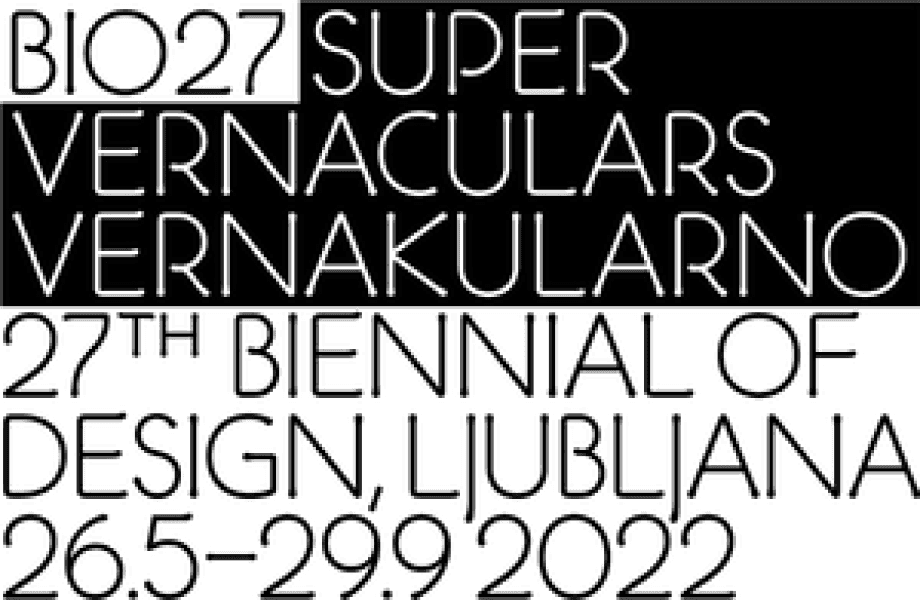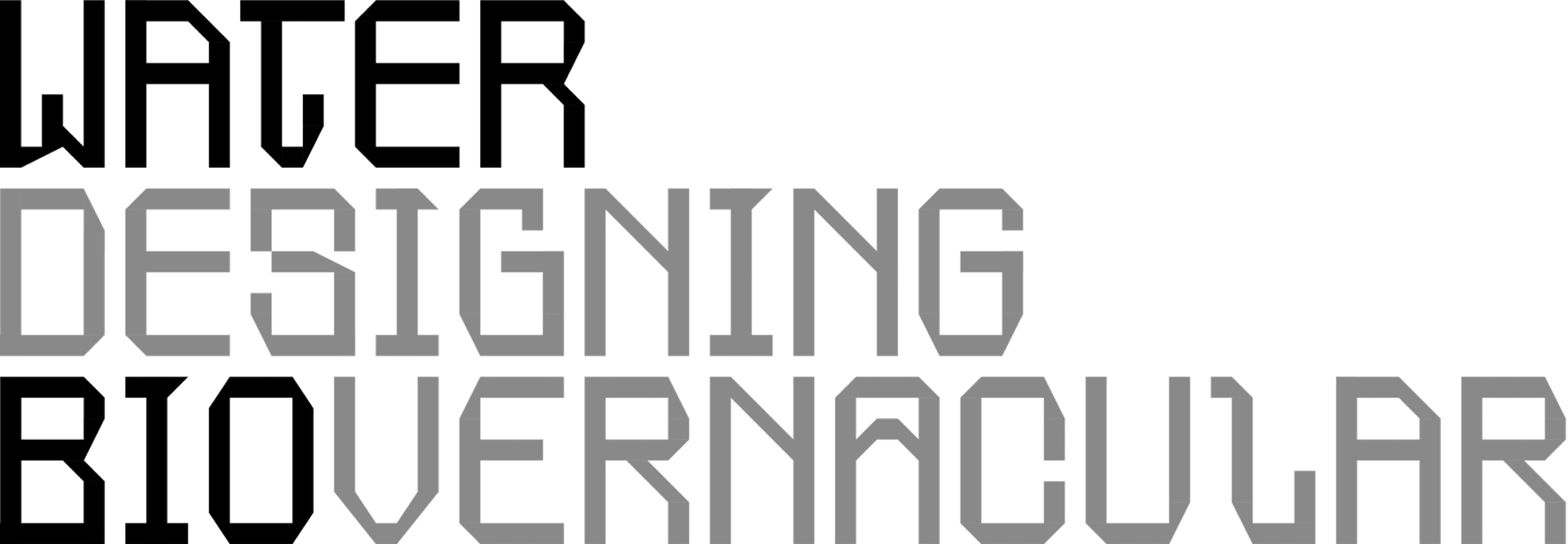
Project for
BIO27
is focused on water treatment in
places where there isn’t an adequate or available public
water supply. The location chosen as a pilot area for the
project lies in the Triglav National Park, where, contrary
to public belief, spring waters are quite contaminated.

Most problems lead to groundwater, which represents more than
90 % of drinkable water in Slovenia. Big cities have outdated
water systems, which are still regulated and regularly monitored.
But it’s estimated that 20 % of people aren’t connected to the
public water supply and live around areas where agriculture is
practiced intensively and is not regulated quite often.
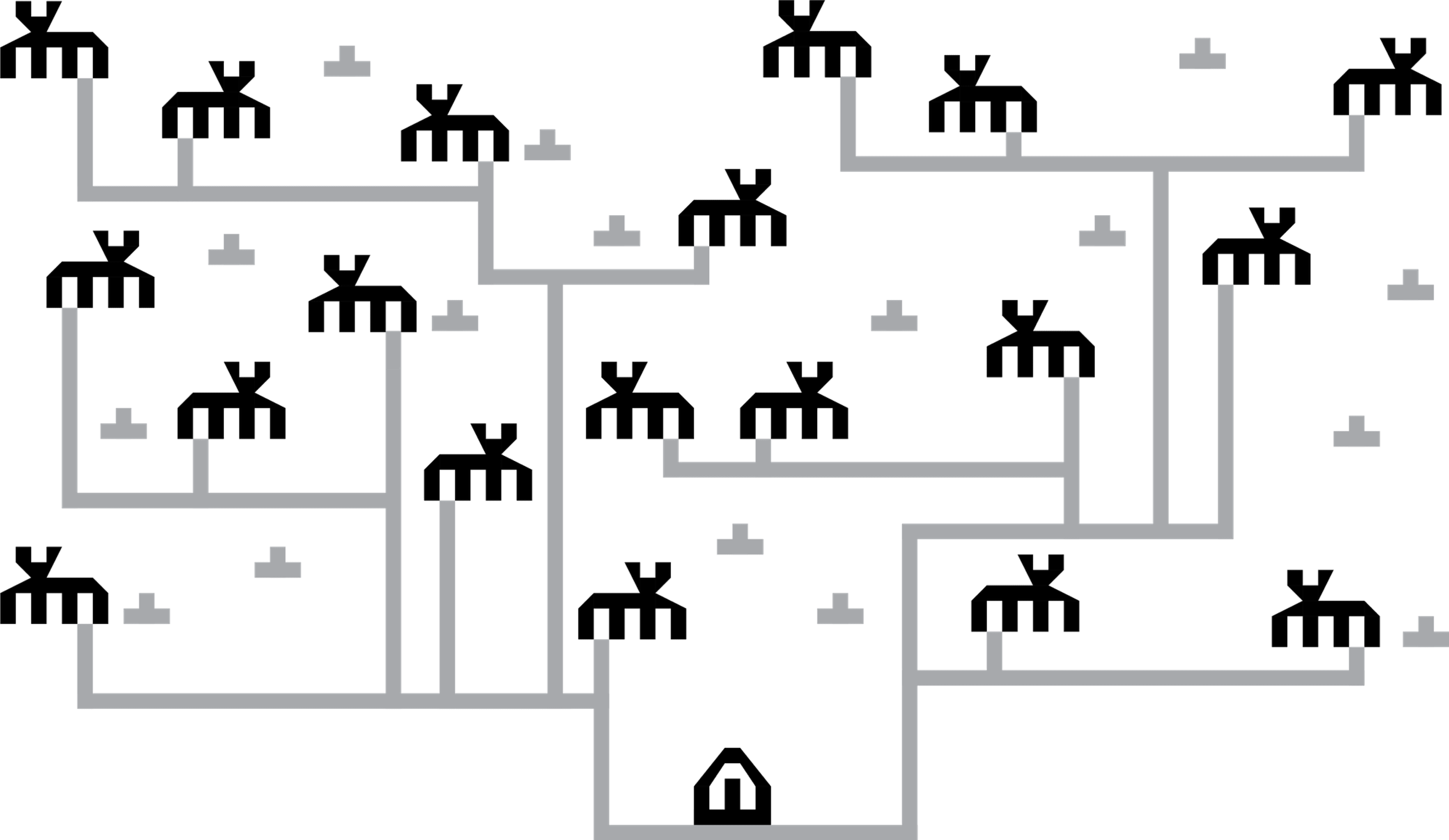
Farming is a major contributor to water contamination.
Fertilizers used in crop production seep into the soil and from
there into the water where E. coli bacteria grows and
contaminates.
As such their drinking water is not monitored and often contains
bacteria E. coli. That problem can be seen even in rural parts of
Slovenia such as Triglav National Park. In spring and summer
time people have to boil their water, so that they do not get
infected with the E. coli when they drink tap water.

E. coli is a type of coliform bacteria, found in soil, plants and
water. If E. coli is transmitted to humans it can cause diarrhea,
vomiting, cramps, nausea, fatigue and sometimes even death.

The project is focused around natural and vernacular water
cleaning systems. Slovenia belongs to the most forested
countries in Europe. Researchers found that xylem tissue from a
white pine tree, when used to filter contaminated water, removed
99,9 % of E. coli bacteria.
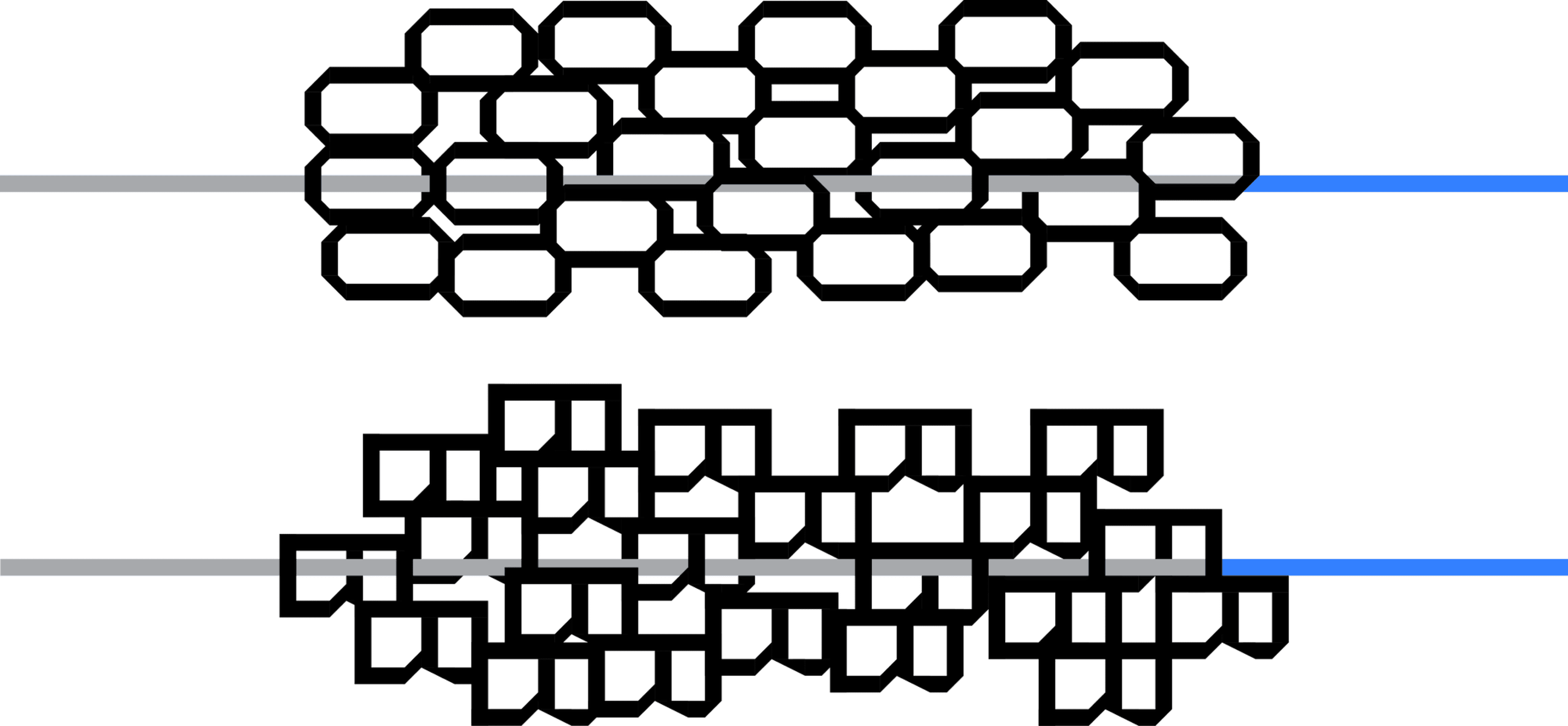
Ceramic and wood structure, visible under a microscope.
Ceramic water filters are an inexpensive and effective type of
water filter that rely on the small pore size of ceramic material to
filter dirt, debris, and bacteria out of water. This makes them ideal
for use in developing countries, and portable ceramic filters are
commonly used in backpacking.
The filter offers an affordable solution by combining vernacular
contemporary production processes.

materials and practices, natural and physical phenomena and
The installation of intricately shaped filtration modules purifies
water of contaminants as small as bacteria, leaving behind
desired constituents such as minerals. It’s made of clay mixed
with organic material and fired in a way which increases its
porosity.
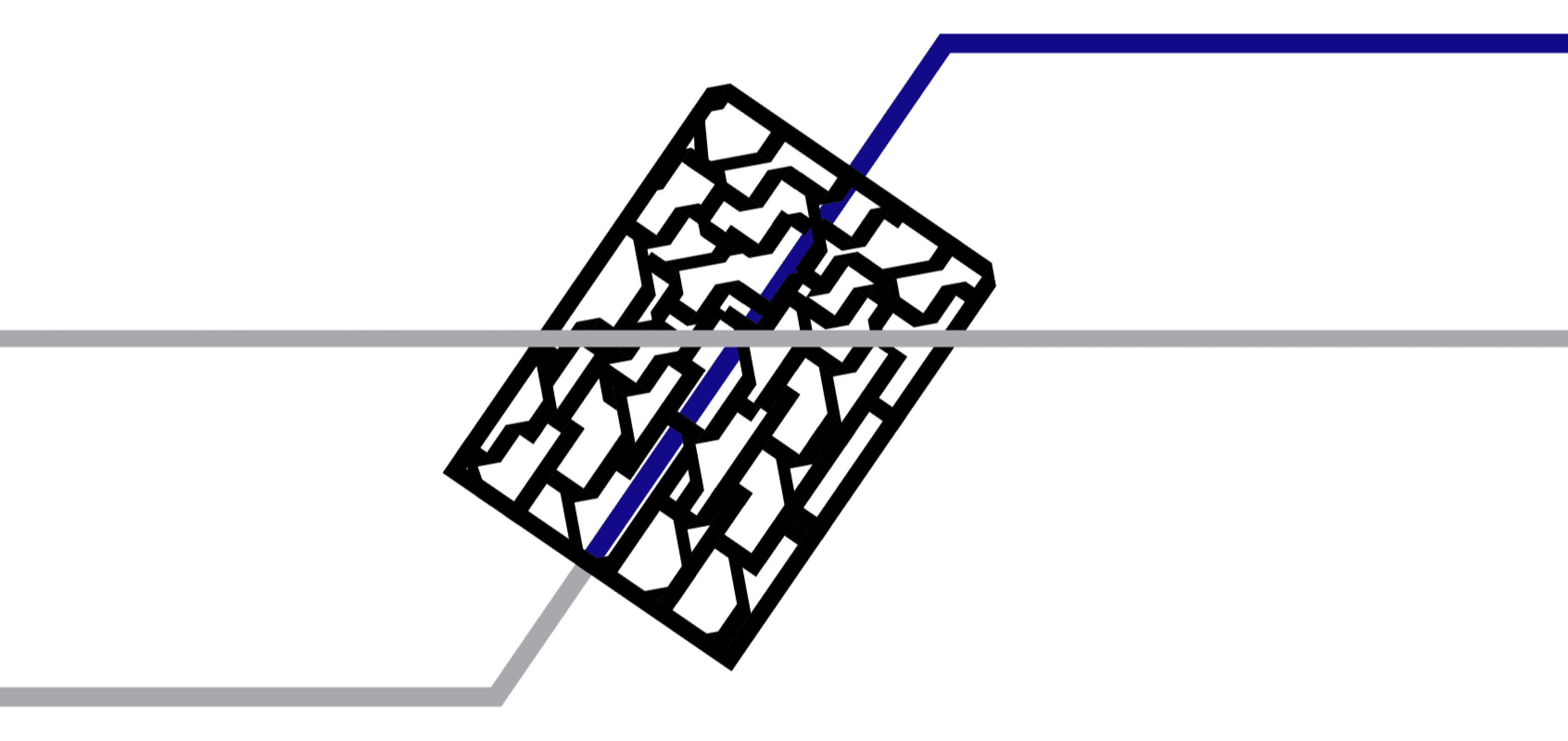
Filter in the water and filtration.
Our aim is to develop a modular system constructed from 2-3
similar geometric elements that together build a larger prototype
that works as one, depending on the scale of the site, or volume
of water to be treated.

... But how does
really look like?
Photo by Bor Cvetko


